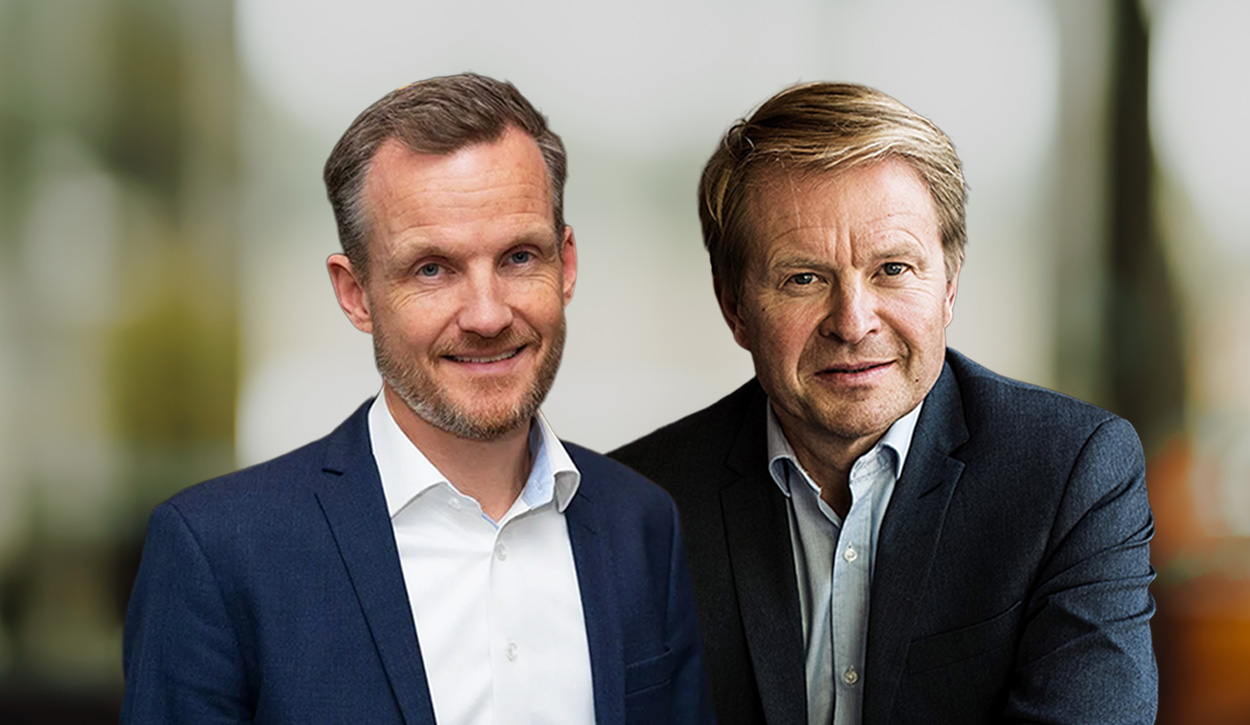
This webinar, led by Professor Vanina Farber, elea Chair of Social Innovation and Kristina Touzenis, Managing Director, KP&K Impact Solutions and Lead (Geneva Section) of Women in Sustainable Finance, appeared live on Wednesday, November 11 at 1100 CEST.
The COVID crisis has brought the “S” in ESG to the fore. But many actors – if not all – struggle to understand what the S actually means beyond how people are treated in supply chains.
In this webinar, Professor Farber and Touzenis explore how to use a “rights-based approach” to measure and deliver on S, linking it both to the E and the G, and how to engage meaningfully in policymaking to be proactive in regulation setting and in multi-stakeholder engagement with policymakers, regulators and NGOs.
The private sector has a significant role to play in protecting human rights around the world, from supply chains and child labour to immigrant workers and female empowerment, according to Touzenis, a former senior official at the International Organization for Migration.
This responsibility is being driven by a combination of tighter international, regional and national legal frameworks, consumer and investor pressure, and a realisation that private capital has the power and opportunity to do good around the world and make profit at the same time, she said.
“It is very important for all of us to realise that that high-level international frameworks are of acute importance for each and every one of us,” she said. “There is now recognition of the role that private companies and investors play in the progressive realisation of human rights.”
Professor Farber explained that the business and moral case for actively supporting the “social” aspect of ESG, not just the environmental or governance elements, is increasingly a compelling opportunity.
“If there is a silver lining to this COVID crisis, it is that companies that are doing going or had a good organisation in the way they dealt with social issues in the value chain have performed better and been able to be more resilient,” she said.
Given the increased importance for companies to adhere to an evolving legislative framework and the demand for responsible and ethical business practices, Touzenis advised the private sector to focus on developing and executing clear policies, strategies and, importantly, processes to improve their performance.
“Human rights are not just principles; they have been incorporated into national legislation. They are really concrete – if we really think about that, we realise how important this framework is for us on a daily basis,” she said.
“The best thing to do then is to have policies and strategies that make these rights so concrete that you can link your indicators to them and you can report and really show what you are doing, and you can engage on medium and long term goals, with a strong and compelling discourse around change.”
She said implementing coherent policies and processes would improve transparency and accountability, which are crucial in examining the impact and effectiveness of your ESG approach. It is not only understanding what issues to tackle but also integrating them into the strategy. Setting up KPIs with targets and timelines will make the policies come alive in practice.
“As a private organisation, you might think that the obligation to respect (human rights law) is to sit back and not do anything. You actually need to take active steps in your business,” she said.
Investing in problematic industries to drive change with a rights-based approach
Taking the example of child labour, Touzenis explained that adopting a rights-based approach did not necessarily mean abandoning all the “bad” parts of your supply chain or ecosystem but pro-actively working to transform them. While stating zero tolerance for child labor, stakeholders need to work on the ecosystem level, beyond an internal policy, to make it happen.
“Let’s say there is child labour in your production chain, what do you do? Do you just pull out? If you are a responsible company or investor with power and the possibility to do something, based on a rights-based approach, you stay in and you transform – even if it will not happen overnight.”
Private capital had the power to drive real change by putting pressure on partners to change their practices, and also build collaborative solutions without inflicting further damage on vulnerable communities.
“If you want to make the world a better place, it’s not enough to invest in things that are good,” she said, while explaining that if investors did not see positive change over a period of time, based on clear criteria and expectations, and real engagement with investees as well as other stakeholders, then that would be the moment to divest.
How businesses can support better migration policies
Through a rights-based approach, businesses and investors must also work with policymakers to influence legislation to drive positive change and prosperity.
An expert in migration law, Touzenis argued that companies should “get engaged in policy and advocacy processes and try to make the business point that we need, as destination countries, that labour force.”
“Governments need to understand that if we don’t have legal channels for migration, we will keep having irregular migrants because we need that labour. They are vulnerable to exploitation,” she said.
At the same time, she pointed out that it made sense to stand up for the rights of often-exploited migrant workers because it meant protecting our own rights too.
“Standing up for the irregular migrant rights in a labour market is also standing up for ourselves,” she said, urging executives to regularise anyone who worked in their supply chains businesses and to give the same rights to the immigrant labour force as they would to the national workforce, not because it is a ‘nice’ or the ‘right’ thing to do, but because respecting labour rights for all helps to avoid unfair competition – which is not the fault of the workers who are being exploited – and because marginalized groups negatively impact society more broadly.
Concluding the webinar, Farber called for greater collaboration between the private and public sectors to further embed the importance of the S in ESG.
“Grand challenges are not going to be solved only by mutilaterateral organizations as was believed in the past. This is putting a lot of pressure on corporations but it is also offering an opportunity to have a voice, to differentiate themselves and to innovate,” she said.
“The business case is becoming more and more compelling, but also it’s about doing the right thing: can you really afford not to care about social issues? The COVID-19 crisis has made these questions much more compelling.”
For further reading and food for thought on this important topic, please take a look at the following content and guidance:
CEO Guide to Human Rights:
https://humanrights.wbcsd.org/ceo-guide-to-human-rights/
Advancing human rights policy and practice in the agribusiness sector: An implementation toolkit:
To find out more about upcoming webinars from the elea Center for Social Innovation, please visit the Center’s page here.
Research Information & Knowledge Hub for additional information on IMD publications
Research Information & Knowledge Hub for additional information on IMD publications
Research Information & Knowledge Hub for additional information on IMD publications
Research Information & Knowledge Hub for additional information on IMD publications
in I by IMD
Research Information & Knowledge Hub for additional information on IMD publications
Research Information & Knowledge Hub for additional information on IMD publications
in I by IMD
Research Information & Knowledge Hub for additional information on IMD publications
Research Information & Knowledge Hub for additional information on IMD publications
Research Information & Knowledge Hub for additional information on IMD publications
Research Information & Knowledge Hub for additional information on IMD publications
in I by IMD
Research Information & Knowledge Hub for additional information on IMD publications











